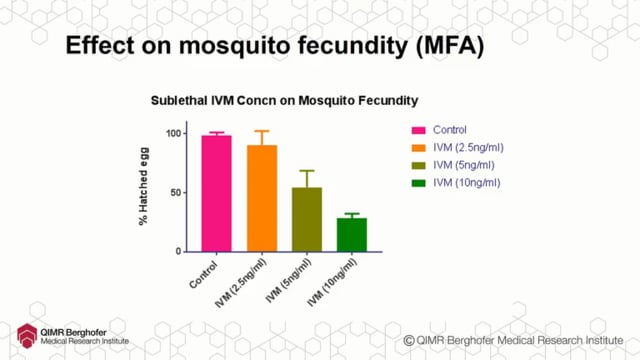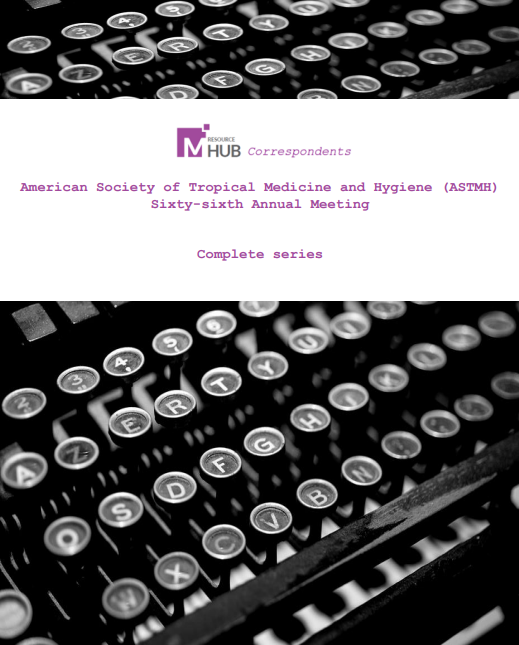ASTMH 2017, Cielo Pasay: “Investigating the Activity of the Macrocyclic Lactones Ivermectin & Moxidectin against malaria vectors”
Collaborator(s): QIMR Berghofer Medical Research, Australia
Published: 09/11/2017
In collaboration with ASTMH, Image Audiovisuals, and session presenters, MESA brings you this webcast from the 66th ASTMH annual meeting in Baltimore, November 2017
Title: “Investigating the Activity of the Macrocyclic Lactones Ivermectin & Moxidectin against malaria vectors”
Speaker: Cielo Pasay, QIMR Berghofer Medical Research, Australia
Session information:
Symposium 0175: “Malaria: Mosquito Transmission and Interruption”
Thursday, 9 November, 8:00 – 9:45 AM, Convention Center – Ballroom II (Level 400)
Abstract:
Livestock that live in close proximity to human hosts are alternative blood sources for many malaria vector mosquito species. In such areas, treating peri-domestic animals with insecticides such as ivermectin or moxidectin may reduce the mosquito population, hence reduce transmission of malaria. Moxidectin has the theoretical advantage of increased lipophilic properties & longer half life. The aim of this study was to investigate the efficacy of these two macrocyclic lactones with known activity against arthropod ectoparasites. Activity was tested against the dominant malaria mosquito vector in Oceana, namely Anopheles farauti. Initially, activity of these drugs was tested against colony mosquitoes by membrane feeding assays where the drugs were prepared in the blood meals. Drug levels were measured in the plasma & red cell compartments in the blood meals & IC50 & IC90 levels determined. Subsequently, in-vivo efficacy was investigated by conducting a clinical trial where pigs were treated with ivermectin & moxidectin in doses appropriate for human administration. Then An farauti mosquitoes were allowed to feed on the pigs. Drug levels in the skin & blood of the pigs & mosquito mortality were monitored. Results of both the in vitro & in vivo experiments will be presented. Results of this study will assist in evaluating the potential of an innovative malaria control strategy utilising domestic animals for mosquito vector control applicable in the field setting.
THEMES: Residual Transmission | Vector Control



